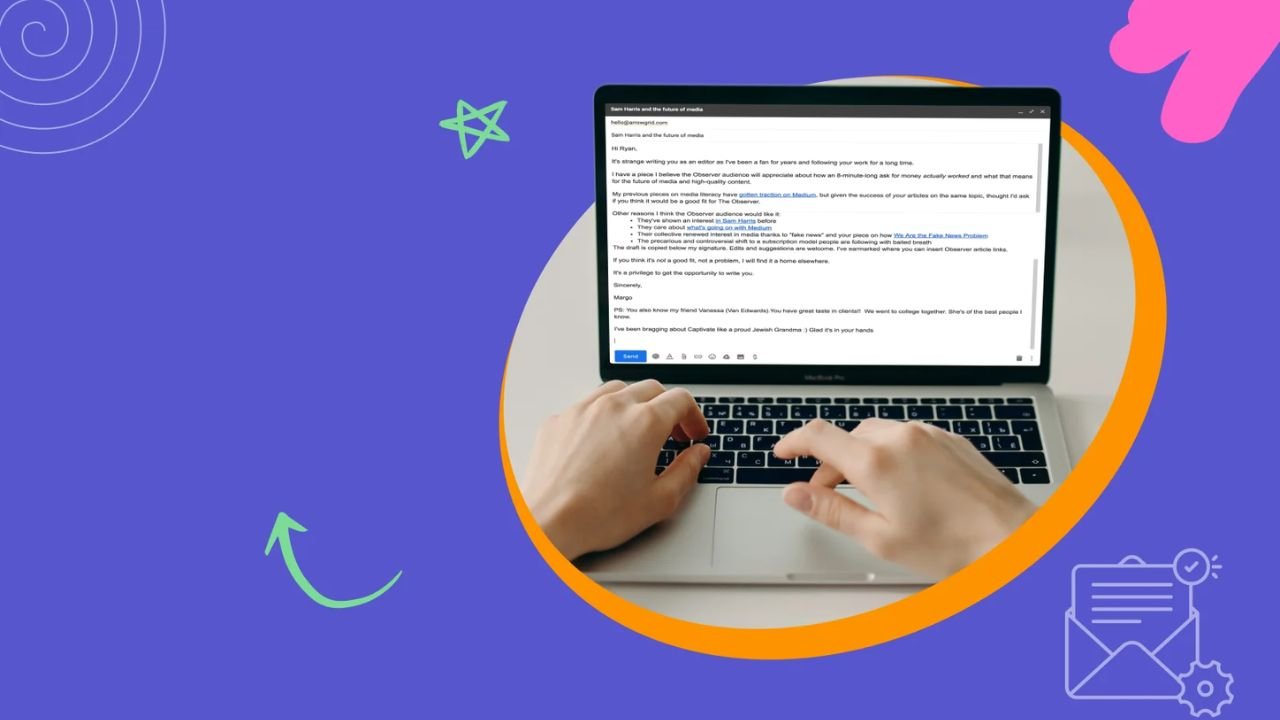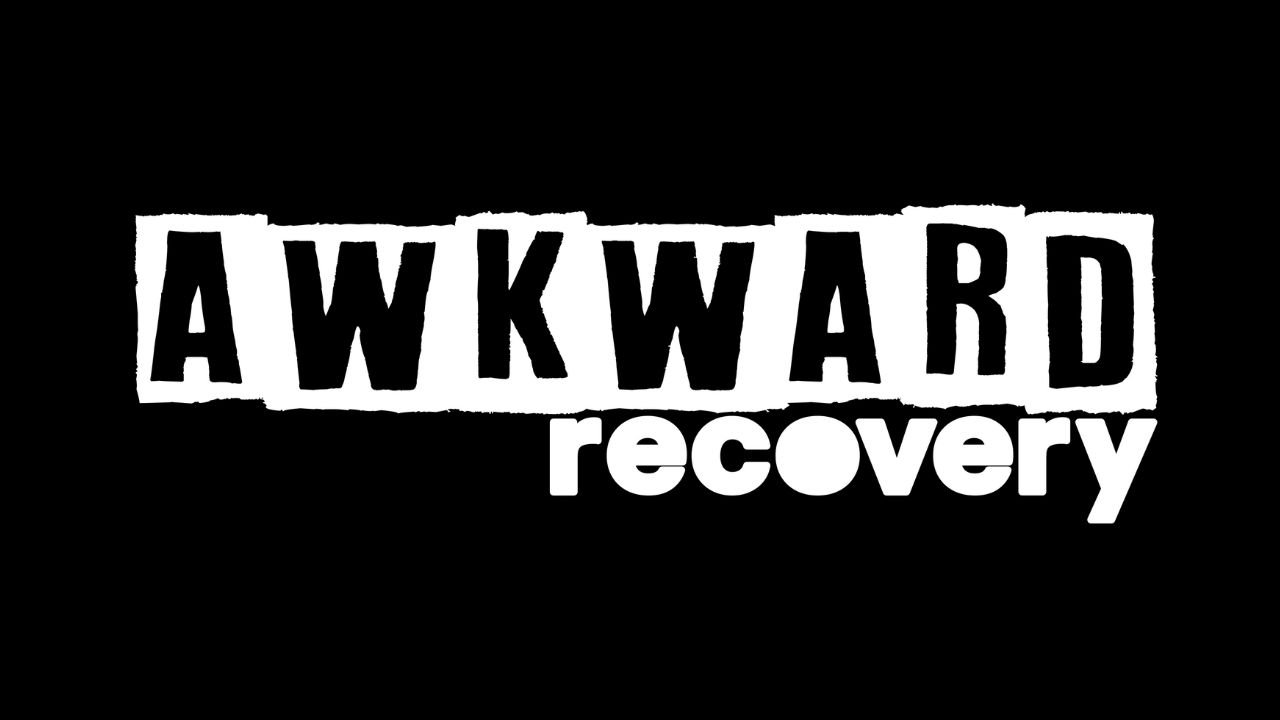Have you ever received an email that felt like it was written just for you? Did it make you more interested in the message? Personalized emails are more than just adding a name—they create a direct connection with the reader. But how exactly can personalized emails improve the way businesses communicate with their customers?
Personalized emails make recipients feel valued and understood. They go beyond general messaging by addressing specific customer needs and preferences. This type of email communication helps businesses create stronger relationships and improve customer engagement.
Building Stronger Connections
Personalized emails make customers feel valued. When personalized email marketing includes a customer’s name, references recent purchases, or suggests products based on their interests, it creates a sense of familiarity. This makes the customer feel that the business understands their needs.
Businesses that use personalized emails often see higher engagement rates. Customers are more likely to open and respond to messages when the content feels tailored to them. This builds trust and encourages customers to interact more with the brand.
A simple greeting using the customer’s name can make a difference. Following up with personalized product suggestions or updates about services relevant to their past behavior strengthens this connection. This approach makes communication more meaningful and helps build long-term customer relationships.
Improving Open and Response Rates
Customers are more likely to open emails that feel relevant to them. Research on how to personalize email shows that mentioning the customer’s name or referencing a recent action increases open rates. Personalized subject lines create a sense of familiarity, making customers more likely to engage.
When customers see content that reflects their interests, they are more inclined to respond. Businesses can ask for feedback, suggest products, or provide helpful information based on the customer’s behavior. This makes communication feel more like a conversation rather than a sales pitch.
Boosting Customer Retention
The cost of retaining current customers is less expensive than acquiring new ones. Email personalization helps foster customer retention because it serves specific customer requirements. Custom product recommendations along with specific discounts that use previous purchase data make customers feel appreciated.
Personalized email marketing that connects with loyalty programs is highly effective in retaining customer loyalty. A brand attracts better customer engagement through notifications that reveal member reward levels and reward system progress as well as valuable special offers.
Increasing Sales and Conversions
Targeted email messages guide customers step-by-step toward making a purchase. The recommendation of products based on customer browsing and purchase records boosts the probability of achieving sales. When businesses present recommendations that match the buyer’s interests they receive enhanced purchase probability.
Cart abandonment emails serve as an extremely effective method to enhance store conversion rates. Cart abandonment reminder emails that include targeted messages help customers recover abandoned items and complete their purchases. The customer can be encouraged to buy through discounts and alerts about the scarcity of products.
Reducing Unsubscribe Rates
Businesses that send generic email content risk greater numbers of subscribers exiting their mailing list when their subscribers receive useless messages. When communications align with buyer preferences the risk of customer complaining is diminished. Customers are less likely to unsubscribe from emails they perceive as valuable content.
When businesses apply segmentation, they can deliver tailored emails. Business relationships improve when organizations segment their clientele through various data points including transaction data and geographic areas as well as user engagement metrics. A regular athletic gear customer responds positively to sports content above basic product updates.
Enhancing Customer Feedback and Insights
The tailored messages businesses adopt to send allow them to collect important customer feedback. Sixty-eight percent of customers respond to surveys and review requests in personalized emails because they perceive their opinions to be important.
When customers provide feedback via email, businesses gain valuable insights into product performance, customer satisfaction, and areas for improvement. A business can then adjust its offerings and communication strategies based on this input.
Strengthening Brand Loyalty
When customers feel understood, they are more likely to develop a deeper connection with the brand. Personalized emails that align with customer preferences and interests create a positive association with the business.
Consistency is key to building loyalty. Regular updates, special offers, and personalized messages that reflect customer behavior reinforce the brand relationship. Customers are more likely to recommend a brand to others when they feel valued.
Exclusive content or early access to sales through personalized emails strengthens customer commitment. Offering loyal customers special privileges makes them feel appreciated and encourages long-term support. This emotional connection increases customer lifetime value and brand advocacy.
Providing Better Customer Support
Personalized emails improve customer support by anticipating customer needs. If a business notices that a customer frequently asks about certain products, it can send helpful guides or product recommendations. This proactive approach reduces frustration and improves customer satisfaction.
Businesses can also use personalized emails to address issues quickly. If a product recall or service disruption occurs, sending a targeted email to affected customers ensures clear communication. Providing quick solutions builds trust and reduces negative feedback.
Personalized customer support emails also create opportunities for upselling. Offering additional services or premium support options based on customer behavior provides added value. When customers see that the business is attentive to their needs, they are more likely to stay loyal.
Driving Long-Term Business Growth
Personalized emails contribute to long-term business success by improving customer relationships, increasing sales, and strengthening brand loyalty. Businesses that invest in personalization see higher engagement, better customer retention, and increased revenue.
Analyzing customer behavior and adjusting email content based on insights ensures ongoing improvement. When businesses consistently deliver relevant, valuable content, they build a loyal customer base that drives steady growth.
Automation tools make it easier to scale personalized email campaigns. Businesses can use customer data to create dynamic content that adapts to changing customer preferences. This ensures that personalized communication remains effective as the business grows.
Conclusion
Personalized emails are a powerful tool for improving business communication. They create stronger customer connections, increase engagement, and boost sales. Businesses that focus on delivering relevant, personalized content build trust and foster long-term loyalty.
By investing in personalized email strategies, businesses can enhance customer satisfaction and drive sustainable growth.
FAQs
- What is the benefit of using a personalised subject line?
It increases the chances of the email being opened and improves engagement. - How can personalisation improve email response rates?
It makes the email feel more relevant, encouraging the recipient to engage. - Does personalisation affect customer retention?
Yes, personalised emails help build stronger relationships and increase customer loyalty.



